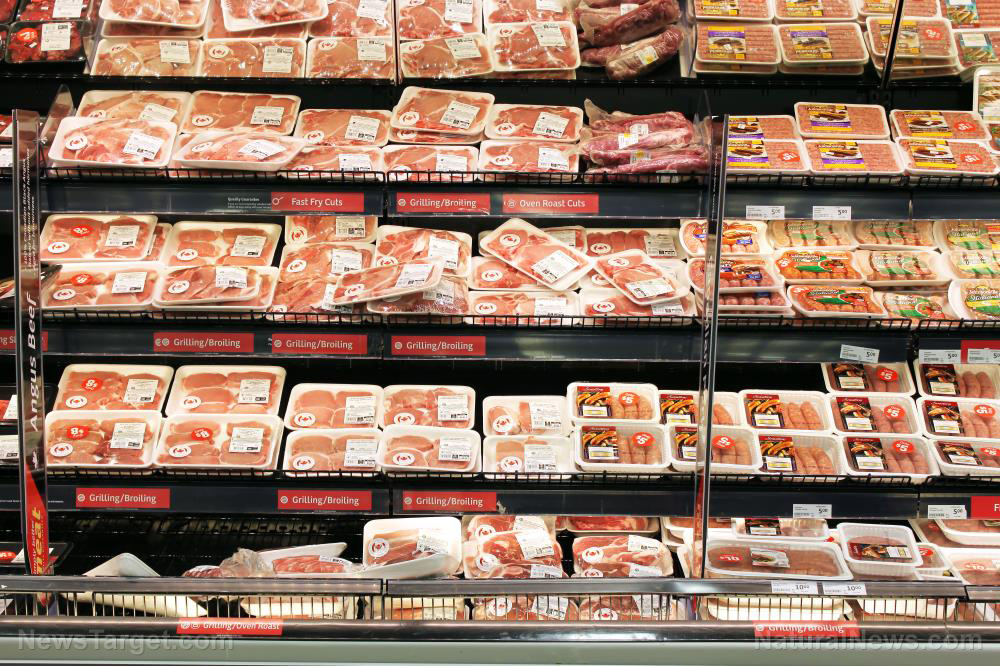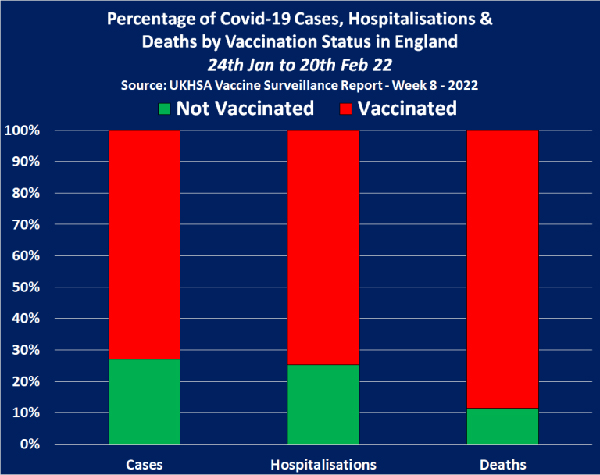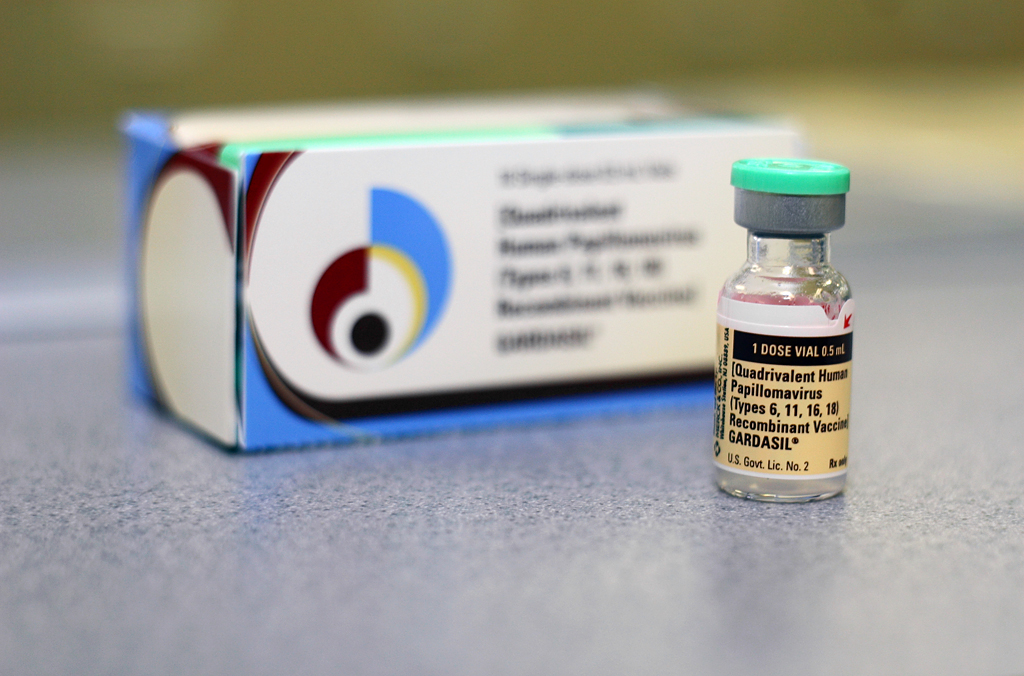MIT confirms that RNA vaccines can be absorbed through the stomach and intestines, so what about mRNA vaccines in meat animals?
04/09/2023 / By Ethan Huff

There is much debate over whether or not the administration of messenger RNA (mRNA) Wuhan coronavirus (Covid-19) “vaccines” in meat animals will in any way affect the quality of the meat. The establishment is suggesting that fully vaccinated meat is just as safe as natural meat, but what does the science say?
On Jan. 31, 2022, MIT News published a piece revealing that RNA vaccines “deliver therapies” for gastrointestinal disease straight through the stomach and intestines. This would imply that the drugs distribute into the body, including in muscle tissue.
The article is very straightforward, and our readers are encouraged to read through it for themselves to see what MIT had to say versus what the government and media are now saying in defense of mRNA “vaccine” administration in meat animals.
(Related: Check out our earlier coverage about the introduction of mRNA “vaccines” for livestock, and what you can do to try to avoid buying contaminated meat.)
Does mRNA persist like many believe, or does it degrade like the government claims?
The general public is now wide awake about the threat of mRNA, and many who deliberately avoided taking the mRNA jabs during the “pandemic” worry that the food they are eating might “vaccinate” them without their knowledge and consent.
One meat producer, Alderspring Ranch and “Organic Beef Matters,” responded to inquiries it has been receiving lately about the use of mRNA “vaccines” in meat cattle. Here is what Glenn Elzinga of Alderspring Ranch had to say:
“When researching this subject, I found it very clear that no company is yet offering mRNA animal vaccines on the open market. First of all, no one drug company has laid claim to be the first to produce it, or put methodologies in place that would allow for mass production. Second, I found many articles (some very recent) stating that the grant process is still ongoing. In other words, animal pharmaceutical production companies are just now getting money to explore the new technology for all classes of livestock.”
This is somewhat reassuring, but what about in the future when mRNA “vaccines” become commercially available for American livestock? Elzinga says it is still unknown if mRNA will transfer into the meat that people eat. The government says no, of course, but the government is known to lie.
More than likely, the Food and Drug Administration (FDA) and the Department of Agriculture (USDA) will require at least a 30-day delay period between the last use of the drug and the slaughter of the animal, the idea being that the mRNA will no longer be persistent after that time.
“Most mRNA research indicates that denaturing of the genetic material occurs within several days of vaccination,” Elzinga argues. “If it so happens that somehow mRNA material remains intact through ingestion, most scientists argue that mRNA is fairly fragile and would not survive the acidic environment of the stomach.”
To be clear, Elzinga is against the use of mRNA in animals. He says he has no interest in or plans to eat mRNA “vaccinated” animal products.
“Simply put, I will not eat them,” he writes.
Unfortunately for the average consumer, not every meat producer raises animals naturally and organically like Alderspring Ranch does. And since animal vaccines, as well as human vaccines, all seem to be moving in the direction or mRNA, chances are that in the future all commercial meat will be contaminated with it to some degree – which is why it is important to source clean, pasture-raised meat and animal products from places like Alderspring Ranch, or a ranch near you, as opposed to buying it conventionally from the grocery store.
More related news about the threat of mRNA poisoning in the American food supply can be found at Frankenfood.news.
Sources for this article include:
Submit a correction >>
Tagged Under:
animal health, cattle, Censored Science, COVID, FDA, food, food safety, food science, food supply, food vaccines, franken food, groceries, meat, meat products, MIT, mRNA, RNA, toxic, toxic ingredients, vaccines
This article may contain statements that reflect the opinion of the author
RECENT NEWS & ARTICLES
COPYRIGHT © 2017 VACCINE JIHAD




















